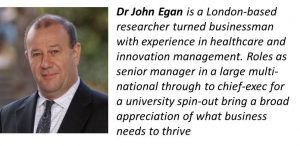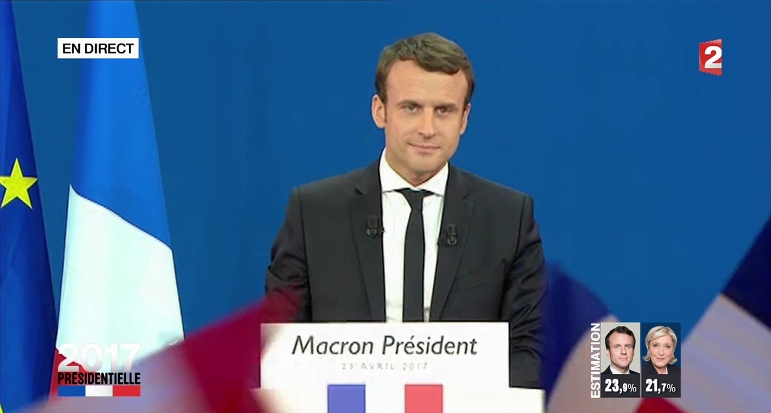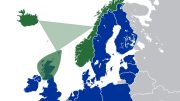To represent the status quo and the existing political establishment tonight proved a toxic cocktail in French politics, writes John Egan in Paris.
In tonight’s first round of the French presidential election, for the first time since the 1940’s, neither of the two traditional parties to have held the keys to the Élysée Palace were able to pass beyond the first round knockout into the second round two-party run-off on May 7.
In a hard fought fight involving 11 challengers the centre candidate Emmanuel Macron (23.9 per cent) and far-right candidate Marine Le Pen (21.7 per cent) made it through to the second round of the presidential election.
Macron’s En Marche! party and Le Pen’s Front National hold openly reformist intentions for politics in France, but from very different perspectives – most notably on their approach to the European Union (EU). The former stands for a dynamic open economy in which France can thrive, while the latter proposes protectionist measures to defend French jobs and borders.
Le Pen’s tactics over the next two weeks will be to associate Macron with the deeply unpopular Hollande government
Immediate polling after the first round vote gives Macron an easy route to the presidency, with 62 per cent of second round voting intentions, against 38 per cent for Le Pen. Much can happen over the next two weeks, but it is notable that recent polls predicted the first round outcome with remarkable accuracy – despite there being an unprecedented four candidate battle for the top two places with a narrow margin between success and failure.
For the full election results as they are updated: see here
Two of the defeated candidates, François Fillon (Les Républicains) and Benoît Hamon (Parti Socialiste) immediately pledged their support for Emmanuel Macron. For Hamon the preference was profound, being “a choice between a political adversary and an enemy of the republic”.
Also important was that, in Macron’s interim victory speech, much emphasis was based on building a political consensus across the wide middle ground of French politics. The emphasis being on what is necessary to make France a prosperous and meritocratic society, and reforming the EU.
Le Pen’s tactics over the next two weeks will be to associate Macron with the deeply unpopular Hollande government, in which he served as Minister of the Economy until he resigned only nine months ago. As an ex-banker and a product of France’s prestigious private and public education system there will be bridges to build to reach voters who feel ignored by their political representatives – whatever their political colour.
Indeed, as recently reported in Chief-Exec.com, the wider world has great hopes for the reforming Macron to rebuild confidence in the “sensible centre” of politics.
In the case of a final victory by either Macron or Le Pen the dispensing of the presidential power will be far from straightforward. They will need to assemble a legislative national assembly majority from parliamentarians that will not be elected until early June. The traditional parties between themselves are expected to hold a majority of seats – Macron’s En Marche! is less than a year old and cannot be expected to have built a substantial parliamentary presence.
The terrorist threat from Muslim extremists has provided an unsettling background to the presidential campaigns. Just days before Sunday’s election that threat culminated in the murder of a policeman in Paris and the wounding of two others.
It is democracy itself that is fighting intolerance on the streets of France and the resilience of its voters to this pressure will be important for a much wider open society.
Follow on twitter: @johnmegan






